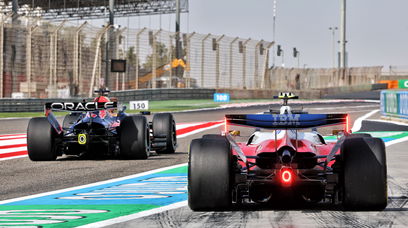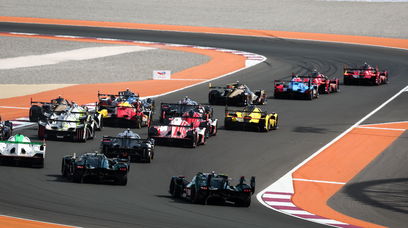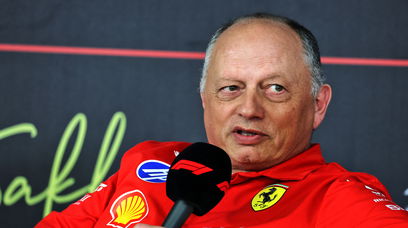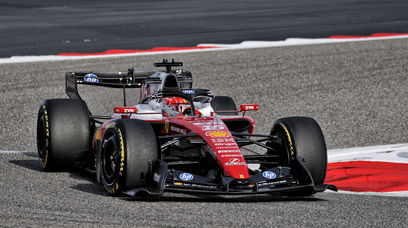Toto Wolff has explained the reasons behind Mercedes opting to take an engine penalty for Lewis Hamilton at the Brazilian Grand Prix. It was confirmed ahead of the first practice session on Friday that Hamilton's car had been fitted with a new Internal Combustion Engine (ICE), meaning that he would incur a five-place grid drop as a result. With the Sprint Qualifying event deciding the grid for Sunday's main race, the penalty will be applied to Hamilton's result from the Sprint. As the title battle between Hamilton and Max Verstappen continues into the final four races of the season, Mercedes team boss Wolff admits that concerns over reliability were behind the squad's decision to do this now rather than at one of the next few Grands Prix. "There is a technical reason because simply we are not yet 100 percent comfortable from the reliability and the degradation," Wolff told media, including RacingNews365.com . "What we know for sure is that we're losing power the more we run [the engines], and that's why we wouldn't want to continue to run this current power unit and end up in Saudi or Abu Dhabi with not much more left, if we're still in the championship."
Chance to overtake
Wolff says that the team also felt that the opportunity to overtake would be stronger in Brazil, meaning that a grid penalty could potentially have less of an impact. "Our simulations say that overtaking is probably the best here than in the other races," he explained. "But obviously simulations are one thing and the realities are different. The cars are so evenly matched this season that, normally where you are [on the grid], you won't progress a lot. "But then it's Lewis Hamilton in the car, so if someone can do it, [it's] Lewis."
Not a "clear-cut" decision
Despite deeming Sao Paulo to be a better location than other tracks to take a penalty, Wolff admits that it was still not an easy decision to make. "An engine change is never clear-cut, because obviously you give up a position that you earn in qualifying," said Wolff. "It's really painful to see that we are on pole by a solid margin, and probably have a good chance to win the race on Sunday, but going back five places definitely reduces the chances to win to a fraction of what they would have been normally. "But we have had reliability problems and degradation problems, and that has led us to a situation that we just need to be cautious [of] how long we can run these engines. "And that's why it was clear, we had to do it here, because the next few races are going to be important."
Most read







